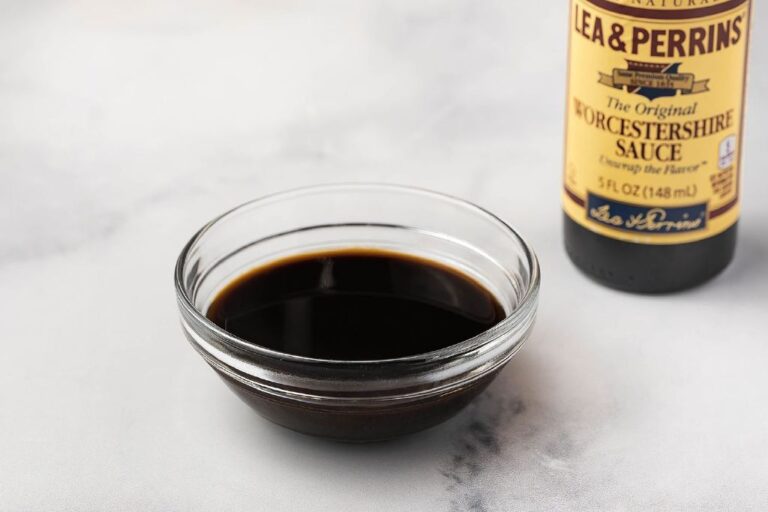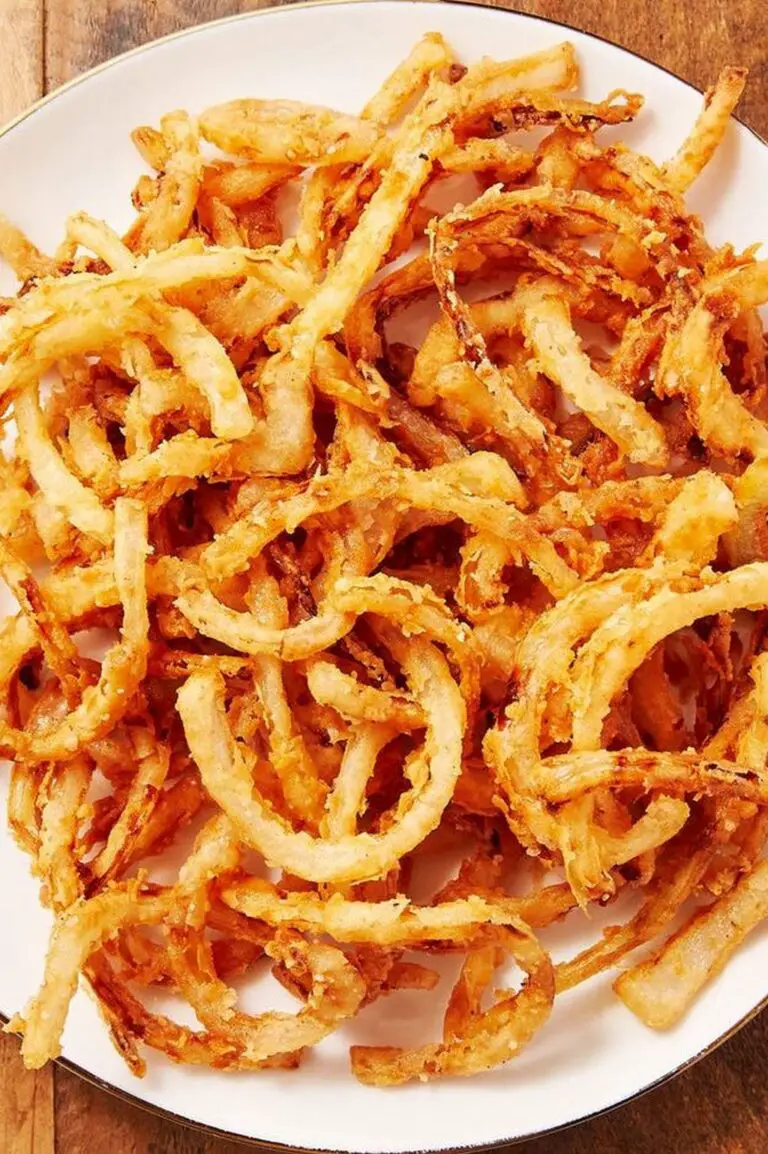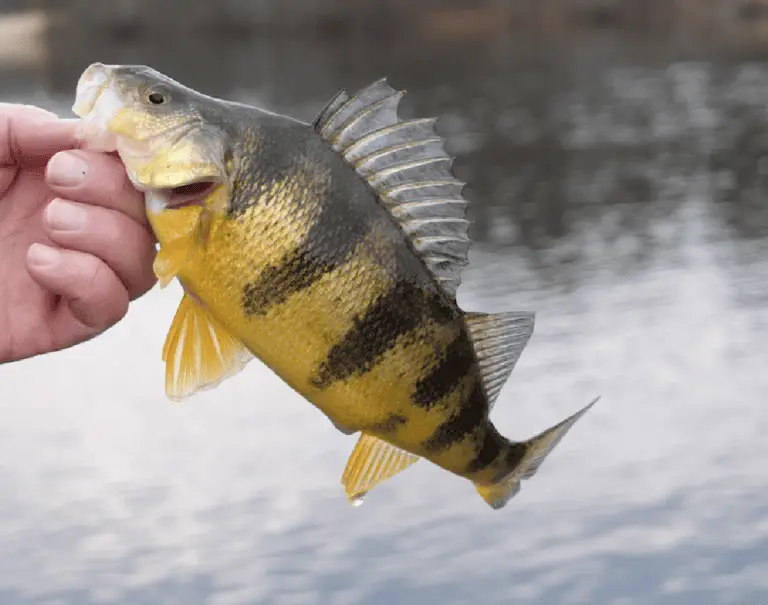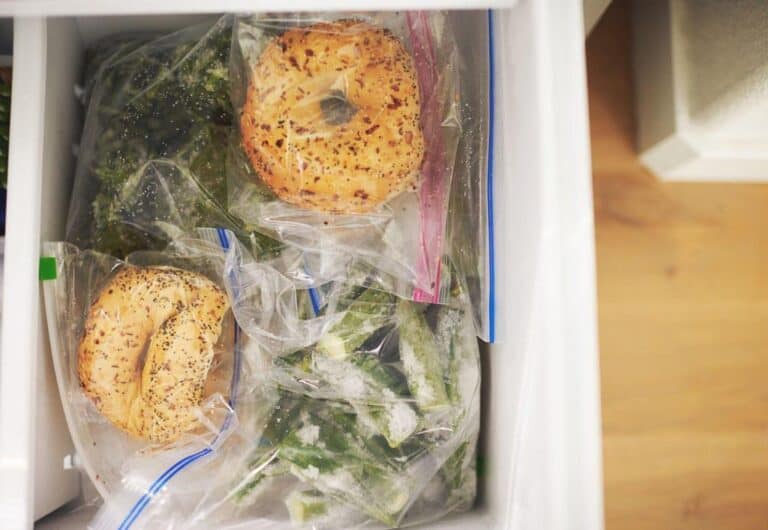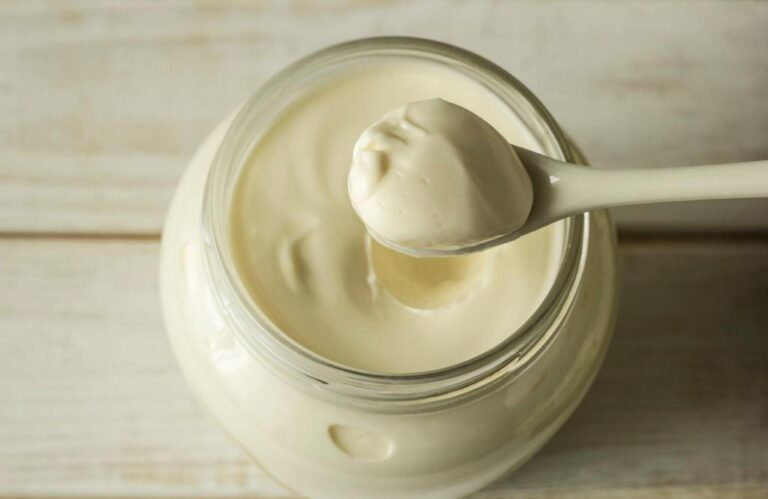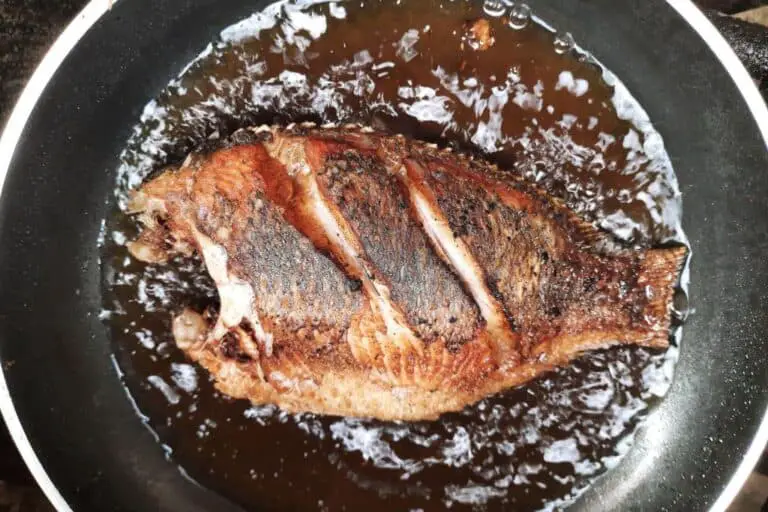Peach Preservation Guide: Do You Need to Blanch Before Canning?
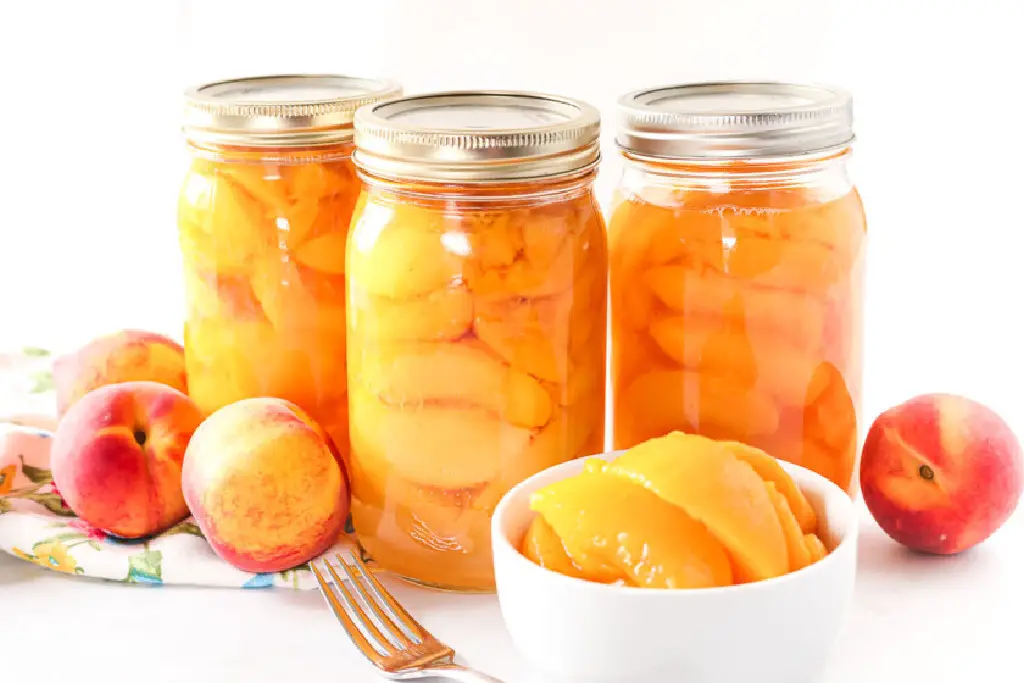
Are you passionate about preserving the deliciousness of fresh peaches all year round? Whether you’re a seasoned canner or just getting started, the question of whether to blanch peaches before canning is crucial. Blanching is a common step in food preservation, but does it make a significant difference in the quality of your canned peaches?
In this comprehensive guide, we’ll dive into the ins and outs of peach preservation techniques. We’ll explore the need to blanch, alternative methods, and tips. They will help you decide how to best preserve your peaches for long-term enjoyment.
The benefit of reading this article lies in gaining clarity on whether blanching is essential for canning peaches. You’ll learn various peach preservation techniques. You’ll also explore the pros and cons of blanching. Lastly, you’ll find alternative methods that may suit your preferences and time.
By the end, you’ll know how to preserve peaches to your taste and goals.
Why Blanching Matters
Blanching is a process that involves briefly boiling peaches and then plunging them into ice water. This technique offers several benefits, making it an essential step for many canners.
Easy Skin Removal
One of the primary reasons to blanch peaches is to facilitate easy skin removal. The brief exposure to boiling water loosens the skin, allowing it to peel off effortlessly. This step is crucial for those who dislike the peach peel. It makes for a smoother texture and a better look.
Preservation of Color and Flavor
Blanching helps preserve the vibrant color and rich flavor of peaches. The boiling water deactivates enzymes that can cause browning and flavor loss over time. Blanching halts enzymatic processes. This keeps your canned peaches tasty and beautiful for months.
Elimination of Surface Bacteria
Boiling peaches for a short time also helps eliminate surface bacteria and microorganisms. This step is crucial for food safety, reducing the risk of spoilage and ensuring that your canned peaches are safe to eat.
Table: Benefits of Blanching Peaches
| Benefit | Description |
| Easy Skin Removal | Loosens skin for effortless peeling. |
| Color and Flavor Preservation | Halts enzymatic processes that cause browning and flavor loss. |
| Elimination of Surface Bacteria | Reduces the risk of spoilage and ensures food safety. |
| Read: How to Prevent Peach Browning with Lemon Juice |
How to Blanch Peaches
Blanching peaches is a straightforward process that requires minimal equipment and time. Follow these steps to ensure your peaches are perfectly prepped for canning.
Step-by-Step Blanching Guide
- Prepare an Ice Bath: Fill a large bowl with ice water and set it aside. This will be used to cool the peaches quickly after blanching.
- Boil Water: Bring a large pot of water to a rolling boil. Ensure there is enough water to fully submerge the peaches.
- Score the Peaches: Using a sharp knife, make a small “X” on the bottom of each peach. This scoring will make it easier to peel the skin after blanching.
- Blanch the Peaches: Carefully place the peaches into the boiling water. Let them boil for about 30–60 seconds, or until the skins start to loosen.
- Transfer to Ice Bath: Using a slotted spoon, transfer the peaches to the ice bath immediately. Let them sit for a few minutes to cool completely.
- Peel the Peaches: Once the peaches are cool, use your fingers or a paring knife to peel off the skin. The skin should come off easily, leaving you with smooth, ready-to-can peaches.
Table: Blanching Steps Summary
| Step | Description |
| Prepare an Ice Bath | Fill a bowl with ice water to cool peaches after blanching. |
| Boil Water | Bring a pot of water to a rolling boil. |
| Score the Peaches | Make a small “X” on the bottom of each peach. |
| Blanch the Peaches | Boil peaches for 30-60 seconds until skins loosen. |
| Transfer to Ice Bath | Cool peaches in ice water to stop the cooking process. |
| Peel the Peaches | Remove the skins easily using your fingers or a paring knife. |
Alternatives to Blanching
While blanching is a popular method for preparing peaches for canning, it’s not the only option. Some people prefer to skip blanching altogether, opting for other techniques to preserve their peaches. Here are a few alternatives:
Raw Pack Method
The raw pack method involves packing raw, peeled, and sliced peaches directly into jars without pre-cooking. This method is quicker but may result in slightly firmer peaches compared to the hot pack method. To ensure safety and quality, it’s essential to follow a trusted canning recipe and process the jars for the recommended time.
Hot Pack Method
The hot pack method involves cooking peaches briefly in syrup before packing them into jars. This method helps to remove air from the fruit, resulting in better texture and color retention. The hot pack method also allows you to add spices or flavorings to the syrup, enhancing the taste of your canned peaches.
Freezing Peaches
Freezing is another excellent way to preserve peaches without blanching them. Simply peel and slice the peaches, then lay them out on a baking sheet in a single layer. Freeze until solid, then transfer the slices to a freezer bag or container. This method retains the fresh flavor of peaches and is ideal for smoothies, desserts, or snacking.
Table: Alternatives to Blanching
| Method | Description |
| Raw Pack Method | Pack raw, peeled, and sliced peaches directly into jars. |
| Hot Pack Method | Briefly cook peaches in syrup before canning. |
| Freezing Peaches | Peel, slice, and freeze peaches for later use. |
Tips for Successful Peach Canning
Regardless of the method you choose, there are several tips to ensure your canned peaches turn out perfectly every time.
Use Ripe, Firm Peaches
Select peaches that are ripe but still firm to the touch. Overripe peaches can become mushy during the canning process, while underripe peaches may lack flavor. Aim for peaches that have a slight give when gently pressed.
Sterilize Your Jars
Properly sterilizing your jars is crucial for food safety. Wash the jars and lids in hot, soapy water, then sterilize them by boiling for 10 minutes. Keep the jars hot until you’re ready to fill them to prevent cracking.
Follow a Trusted Recipe
Canning is a precise science, and following a trusted recipe ensures safety and quality. The National Center for Home Food Preservation and university extensions provide reliable canning guidelines and recipes.
Process Jars for the Recommended Time
It’s essential to process jars for the correct time in a boiling water bath or pressure canner. This destroys harmful bacteria and ensures a safe product. Follow the recommended processing times based on your altitude and jar size.
Table: Tips for Successful Peach Canning
| Tip | Description |
| Use Ripe, Firm Peaches | Select ripe but firm peaches for the best texture and flavor. |
| Sterilize Your Jars | Properly wash and sterilize jars to ensure food safety. |
| Follow a Trusted Recipe | Use reliable recipes to ensure safety and quality. |
| Process Jars Correctly | Follow recommended processing times based on altitude and jar size. |
Conclusion
Blanching peaches before canning is a valuable step. It offers several benefits. It makes skin removal easy. It preserves color and flavor. It also kills surface bacteria. However, methods like the raw pack, hot pack, and freezing offer options for those who prefer different techniques.
Knowing how to blanch and can peaches will let you preserve their summer taste all year.
Whether you’re a seasoned canner or a beginner, this guide provides the information you need to make the best decision for your canning process. Enjoy the sweet rewards of your efforts with perfectly preserved peaches that bring a taste of sunshine to your table any time of the year.

